A group of Moroccan researchers has announced the launch of a new system designed to prevent diploma fraud while ensuring uniformity and cost efficiency using blockchain technology.
The new blockchain-based system will rely on Ethereum smart contracts to automate the issuance of diplomas upon meeting certain criteria. Dubbed BlockMEDC, the new system will lean on decentralized file storage capabilities of distributed ledgers, sidestepping the challenges of traditional diploma issuance.
The research team comprises experts from the Sultan Moulay Slimane University and the Mohammed First University. The joint team has found early success with the blockchain-based solution, filing a patent and publishing their research in top technology journals globally.
A close look at the research paper reveals that students and lecturers will have a “unique digital academic account.” The blockchain-based system will support real-time grade tracking, and students will receive immutable digital certificates on a distributed ledger.
By being based on distributed ledgers, potential employers and other interested parties can leverage the perks of transparency to access the academic histories of job candidates. Apart from the transparency features, a blockchain-based diploma dispenses with the need for paper certificates, saving academic institutions a small fortune.
The project is limited to universities, but the researchers are eyeing an integration into the entire Moroccan educational system. Preliminary steps are underway to integrate the blockchain-based diploma solution into the MASSAR educational platform.
Furthermore, the researchers say the project’s success in education will lead to expansion into other sectors. At the top of the list for the researchers are the health and energy sectors, key areas in dire need of technological reform.
Morocco’s critical sectors have been hit by a wave of cyberattacks, with authorities keen on exploring emerging technologies to stay ahead of the curve.
Morocco leverages emerging technologies for economic growth
The North African country’s tango with next-gen technology transcends stifling fraud or keeping cyberattacks at bay. Morocco is actively pursuing digitization by integrating blockchain and artificial intelligence (AI) into critical sectors of the economy.
The country targets a 10% GDP spike by 2030 from the concerted effort of emerging technologies powered by a raft of government initiatives. Despite the nationwide embrace, authorities are kicking against using digital assets in the country, brandishing a crackdown against violators.
AI research funding proposals reach record high in Europe
Meanwhile, AI funding proposals have surged to reach an all-time high in the EU, underscoring the widespread adoption of the technology in critical sectors.
The European Research Council (ERC) has confirmed the spike in the number of AI research funding proposals received over the last year. ERC Vice President Eystein Jansen disclosed the trend during GITEX 2025, Europe’s largest tech event in Germany.
In his keynote address, Jandsen revealed that the “tremendous rise” in funding applications for AI research requires seismic structural changes to the ERC’s internal operations. Going forward, the ERC will create specialized panels to evaluate research proposals, given the proliferation of AI in most funding proposals.
“We also see that, in almost all fields of research, artificial intelligence is now a part of the normal toolbox of scientists,” said Jansen. “This wasn’t the case a few years back—this has revolutionized research.”
Jansen adds that the values of ERC grants are on the rise, citing global inflationary pressures and macroeconomic uncertainties. The average grant size for a new scientist sits at €1.5 million ($1.7 million), while experienced AI researchers can receive €2.5 million ($2.8 million) from the ERC.
The ERC typically distributes $2.8 billion yearly to around 1,000 funding applicants, with the figure tipped to rise in tandem with the spike in AI-based scientific research. Jansen urged scientific institutions in Turkey to submit research proposals to the ERC, noting that the Council has funded 40 projects in the country.
Jansen notes that Europe has to proceed beyond mere research on emerging technologies to develop practical solutions. He argues that the continent is playing catch-up with other regions in terms of real-world AI applications.
“We need to scale up and move that competence into applications,” added Jansen.
AI regulation may hinder real-world application
While institutions are amplifying calls for mainstream adoption of AI technology in Europe, regulations may be a stumbling block for real-world application. The EU recently passed a landmark AI Act, but watertight rules on education, health, and security risk levels are slowing down adoption.
Furthermore, regulatory agencies have opened several investigations against AI companies in Europe. OpenAI, Meta (NASDAQ: META), and Anthropic have come under fire from European regulators for breaching copyright, data privacy, and antitrust rules.
In order for artificial intelligence (AI) to work right within the law and thrive in the face of growing challenges, it needs to integrate an enterprise blockchain system that ensures data input quality and ownership—allowing it to keep data safe while also guaranteeing the immutability of data. Check out CoinGeek’s coverage on this emerging tech to learn more why Enterprise blockchain will be the backbone of AI.
Watch: Utilizing blockchain tech for data integrity

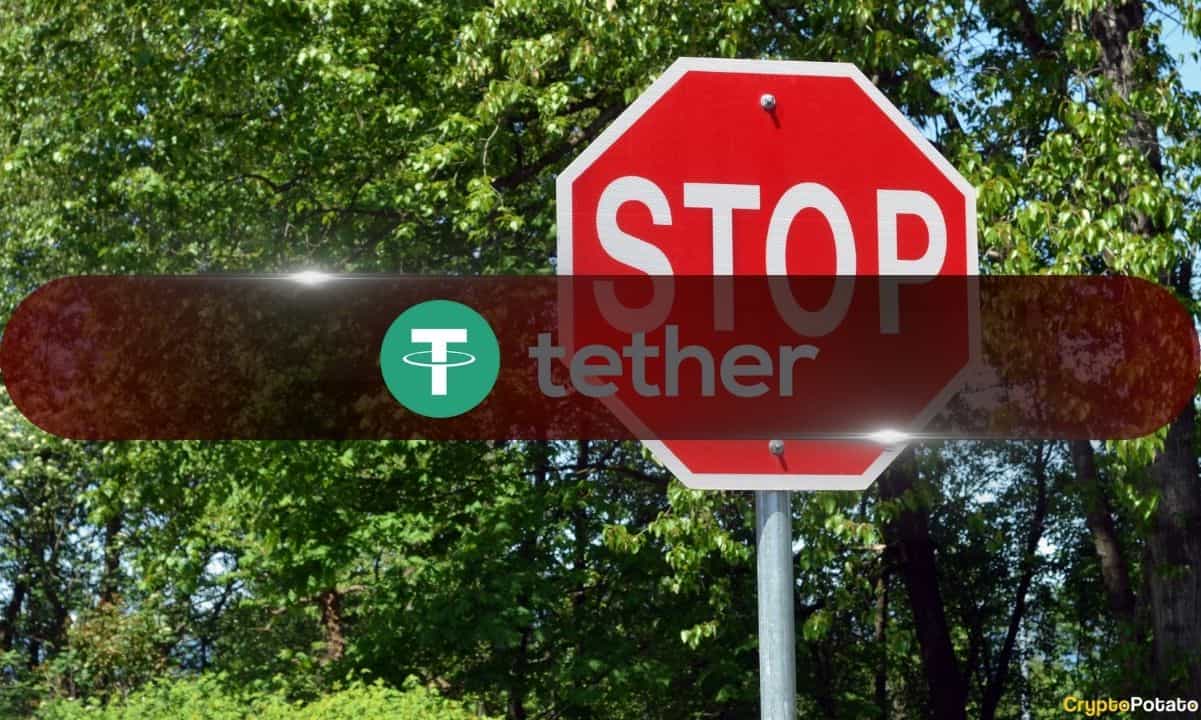


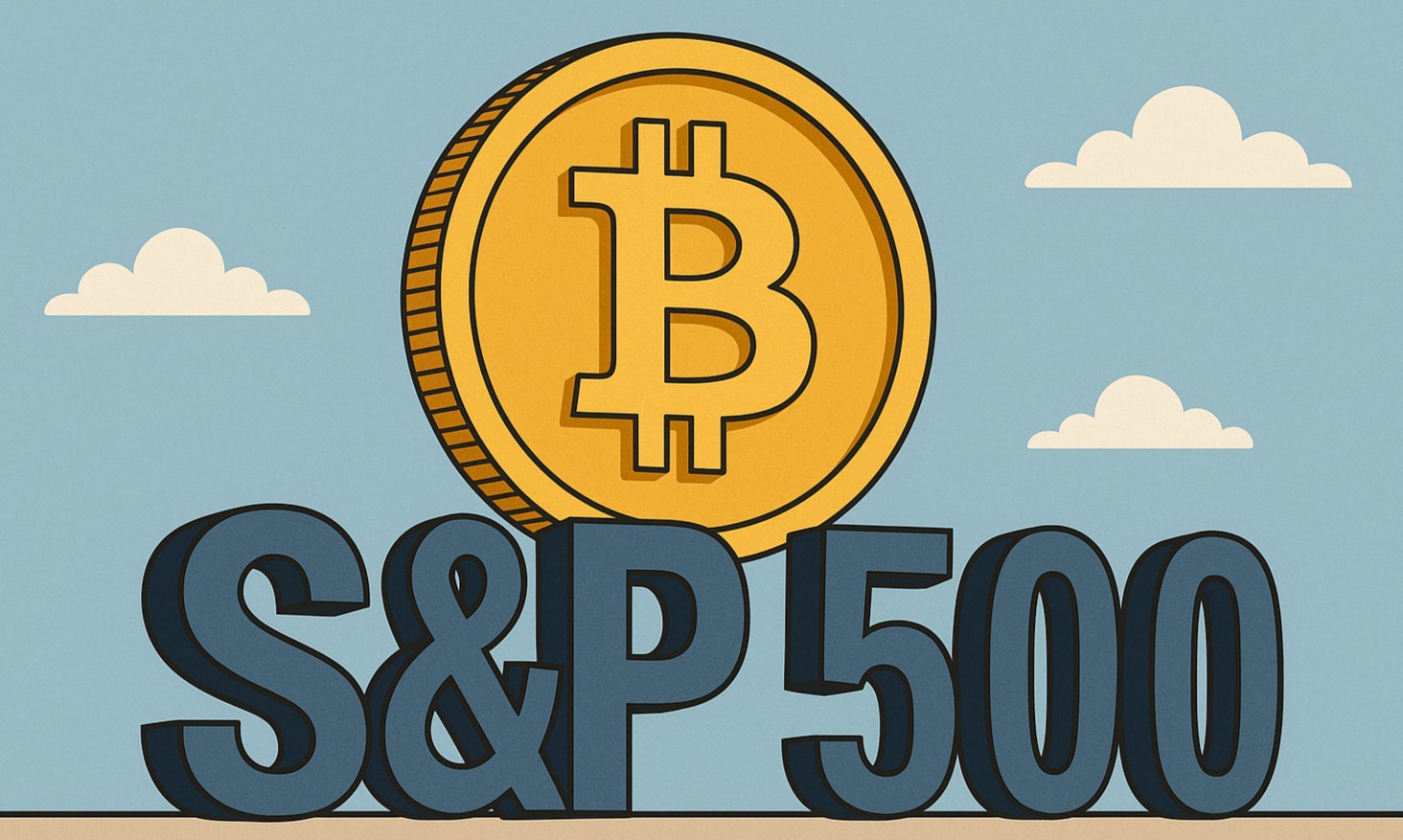
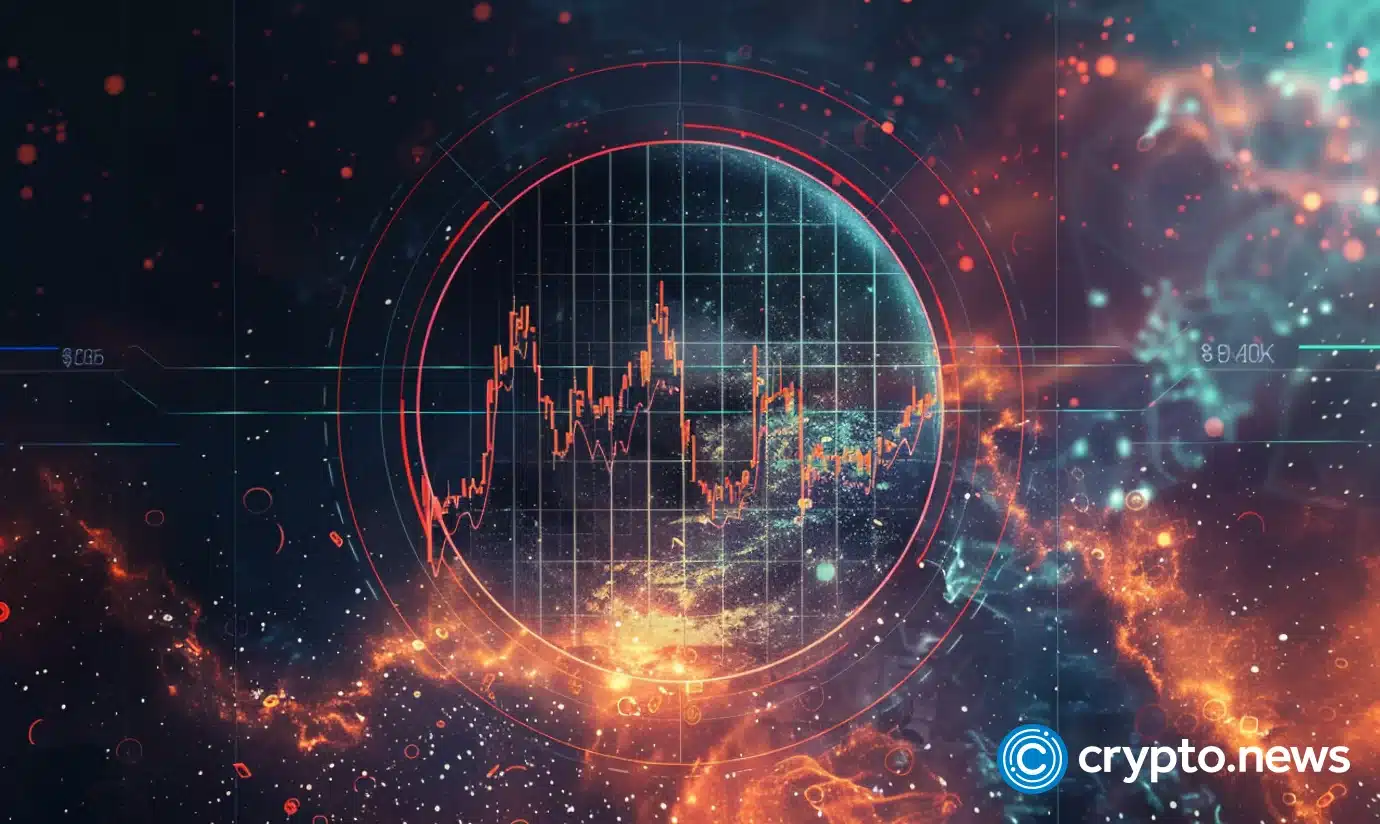


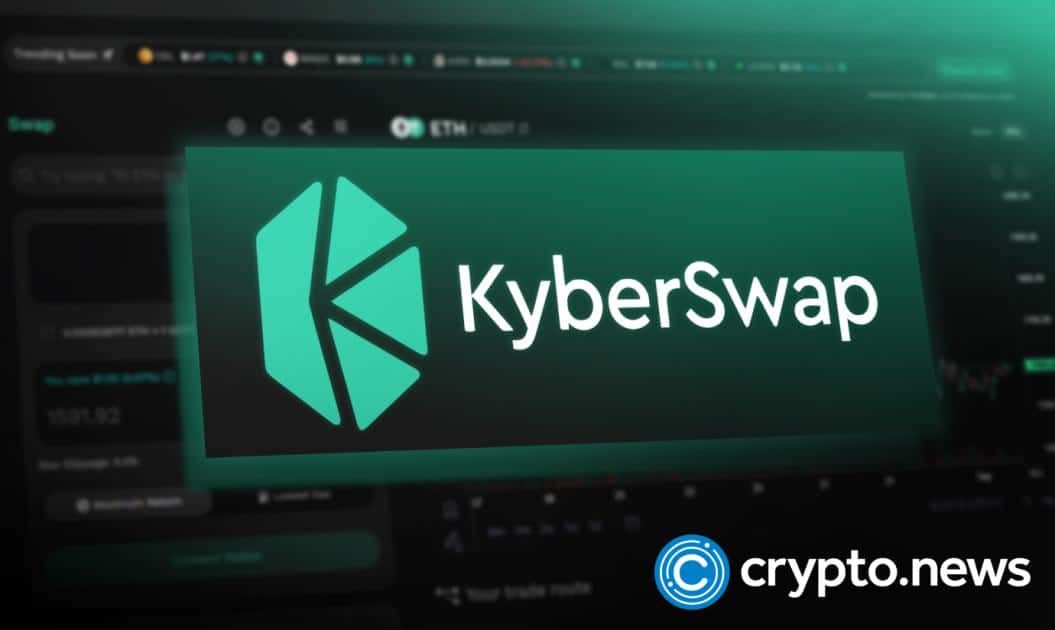

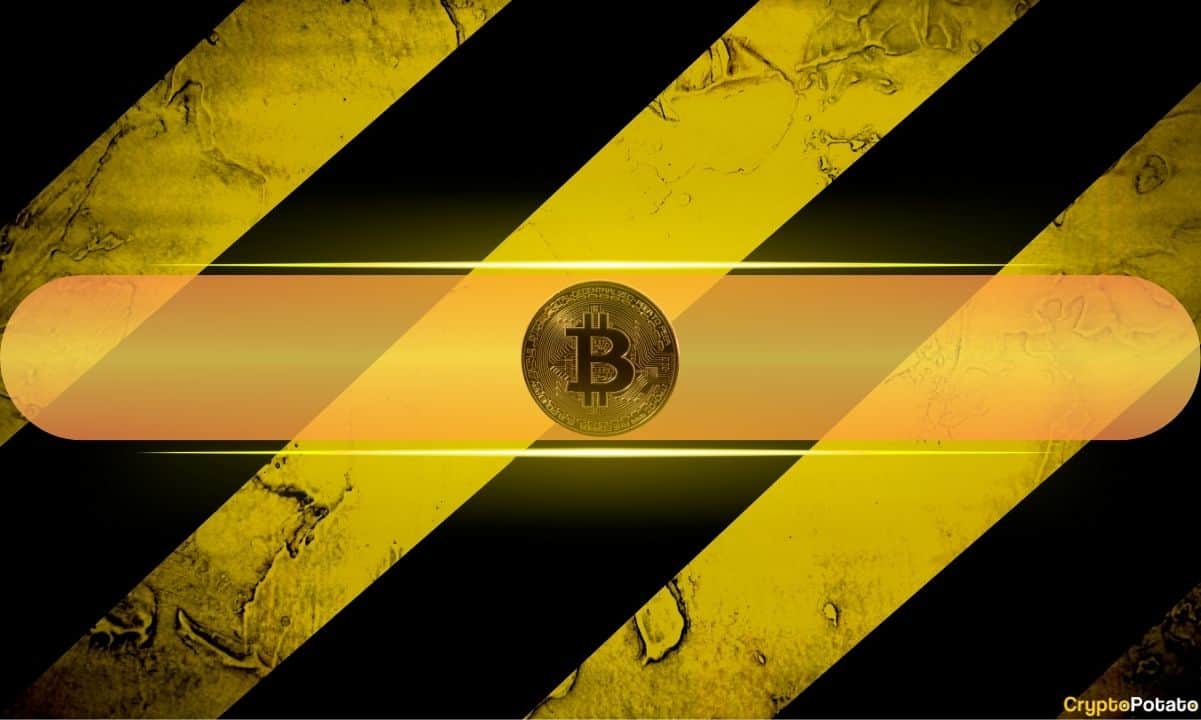



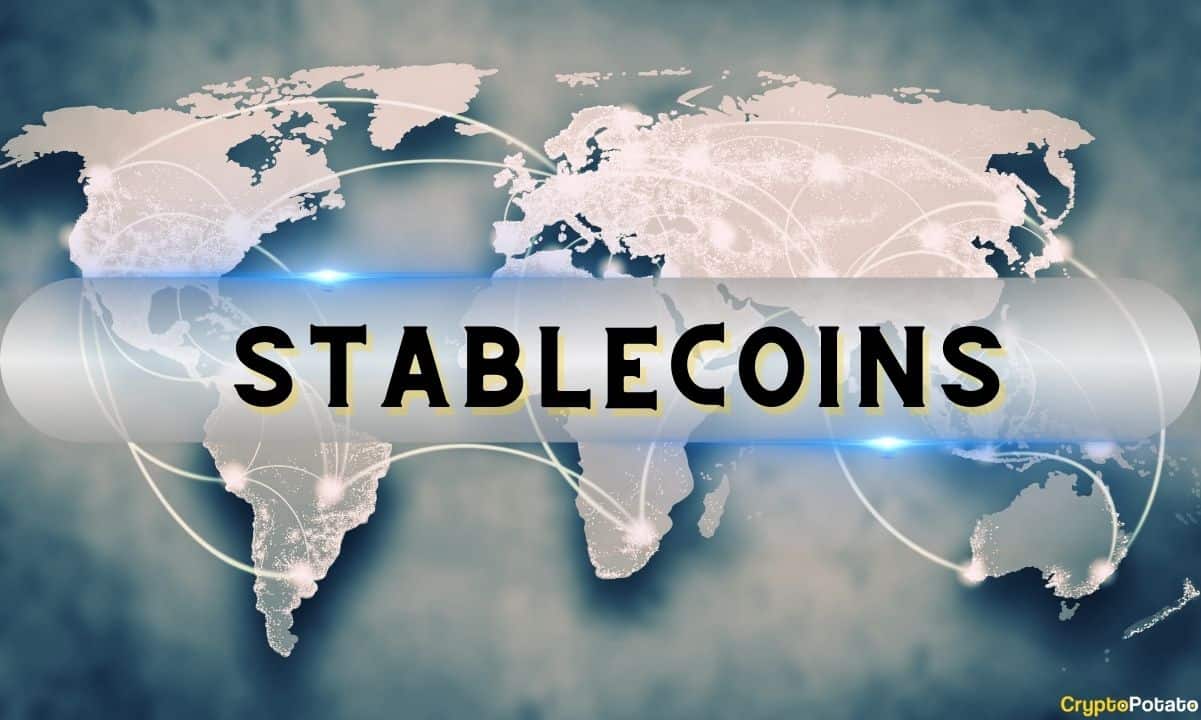

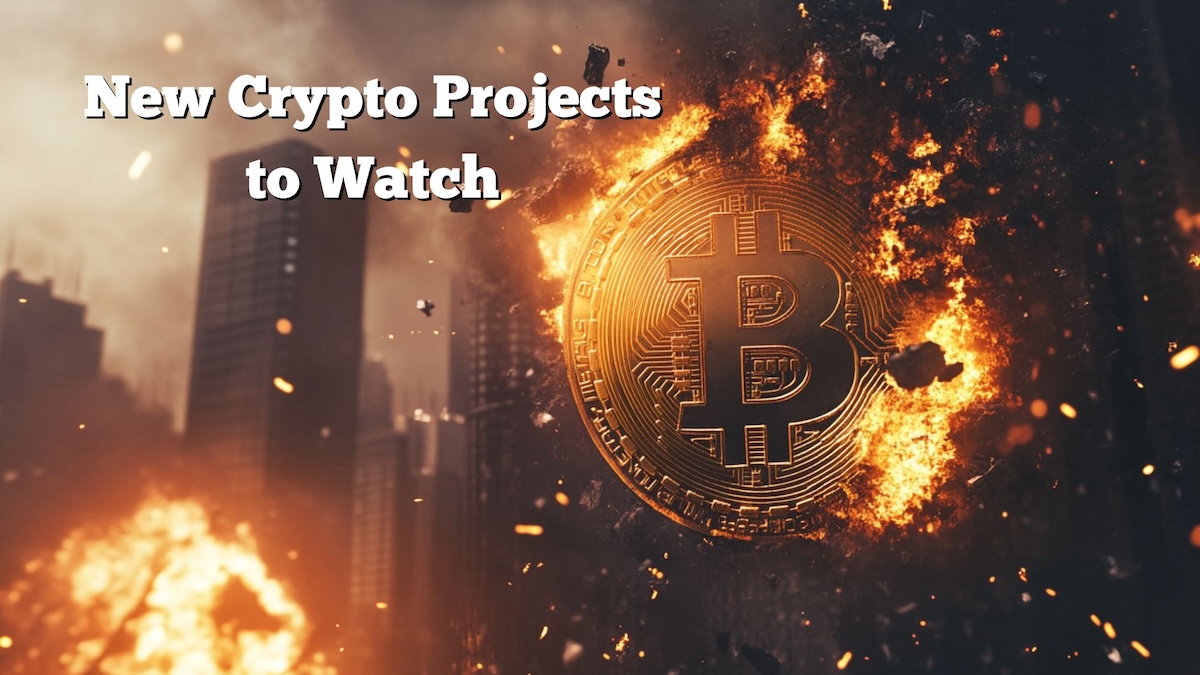
 English (US) ·
English (US) ·